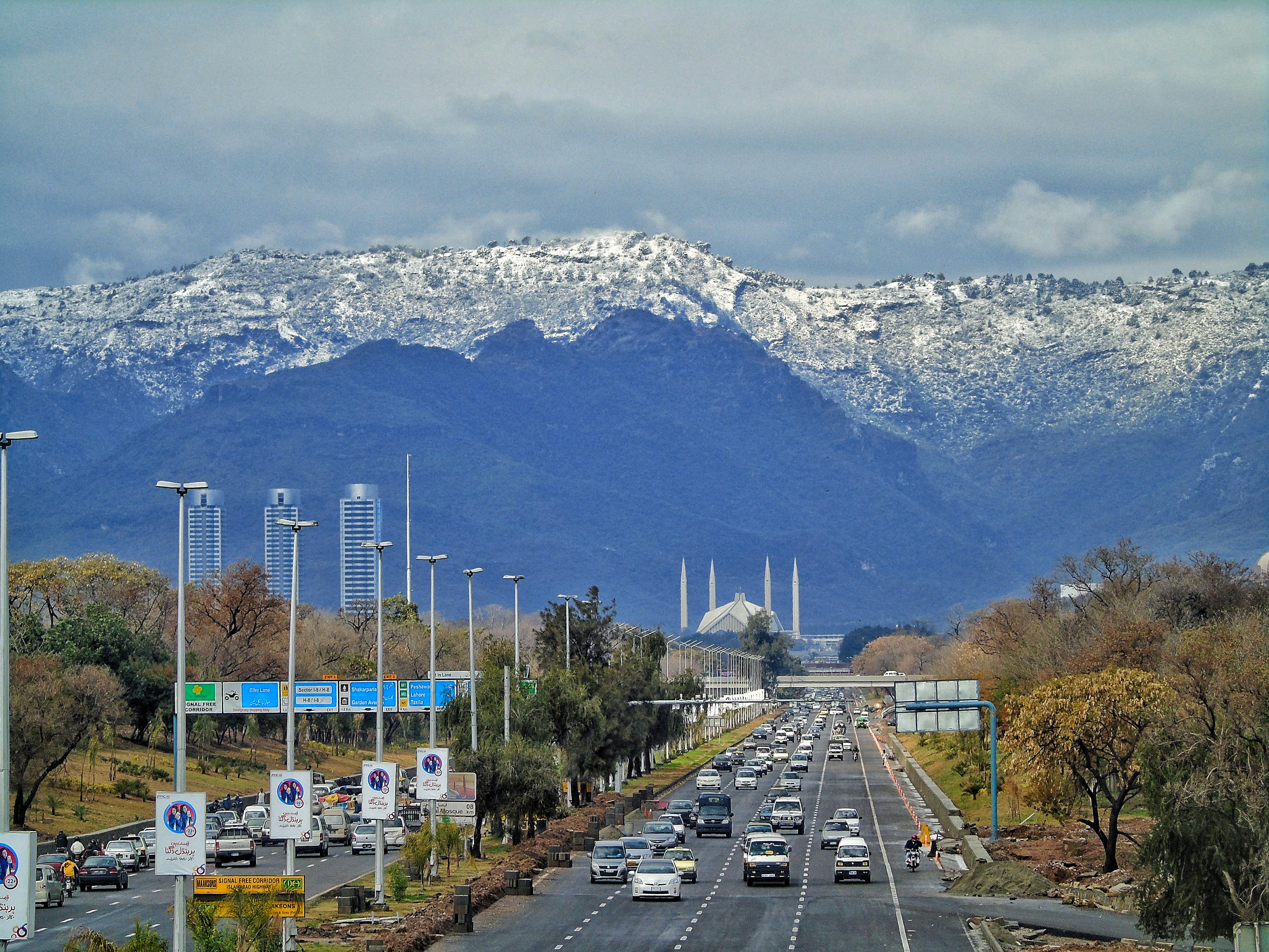
Within hours, both broadcasters issued apologies. Geo publicly acknowledged, “apologies … for airing the news without a verification,” while ARY cited confirmation from Pakistan’s foreign office that it had “no knowledge of a visit”. Pakistan’s Information Ministry and Foreign Office reiterated their unfamiliarity with any such plans.
The White House dismissed the story categorically. A spokesperson confirmed, “A trip to Pakistan has not been scheduled at this time.” The U. S. embassy in Islamabad echoed the sentiment, stating “nothing to announce,” and advised that any itinerary confirmation would be forthcoming from the administration.
Observers have pointed to a logistical conflict that undermined the original media narrative. Trump is confirmed to undertake a state visit to the United Kingdom from 17 to 19 September, with detailed plans in place including engagements in Scotland and a meeting with King Charles at Windsor Castle. The apparent overlap with the alleged Islamabad trip on 18 September raised immediate credibility concerns among reporters and online commentators.
The London itinerary involves formal state events hosted by Buckingham Palace and discussions focused on post-Brexit trade. This schedule was confirmed independently by the palace and reiterated by White House press secretary Karoline Leavitt.
The withdrawn reports emerged soon after Trump hosted Pakistan’s army chief, Field Marshal Asim Munir, at the White House in June — an engagement that analysts suggested might herald a strategic pivot in bilateral ties. Munir’s visit drew rare praise from the president and was interpreted as a significant warming of relations, prompting speculation about diplomatic follow-up visits.
This broader resetting of relations has been viewed through multiple lenses. U. S.–Pakistani cooperation in counter-terrorism, Pakistan’s pursuit of investments in cryptocurrency and critical minerals, and dialogue on regional peace, particularly around the May ceasefire between India and Pakistan, have all been highlighted as evidence of a deeper engagement. Pakistan even nominated Trump for a Nobel Peace Prize in June, citing his role in fostering calm across the volatile border.
Despite speculation that Trump might weave Islamabad into a wider South Asian tour—potentially extending to India and aligning with a Quad summit hosted by India—no official timetable has been unveiled. Pakistan’s foreign office maintained it had “no information” about any planned visit, and U. S. authorities remained clear that no itinerary had been confirmed.
For Pakistan, which has historically sought greater U. S. engagement, the stakes remain high. Analysts say that while media enthusiasm for a state visit reflected domestic hopes for heightened American investment and strategic recognition, the collapse of the narrative underscores the complexity of Washington's regional diplomacy. The incident also highlighted growing public unease in Pakistan — some citizens criticised their own media as being “detached from reality” amidst speculation of diplomatic overreach.
From the U. S. perspective, engagement with Pakistan is being carefully calibrated. While encouraging signs of cooperation have emerged — Munir’s visit, economic overtures, and interest in mining and cryptocurrencies — these moves are tempered by longstanding concerns over terrorism and Pakistan’s alliances with neighbouring adversaries.
As it stands, the White House’s firm denial has deflated expectations of a September visit to Islamabad. Instead, Trump's international focus over the same period will centre on the UK, where diplomatic optics, state ceremony, and an agenda of trade discussions are expected to dominate. Whether additional South Asian engagements materialise remains uncertain, leaving hopes of renewed high-profile diplomacy in Pakistan in limbo.
